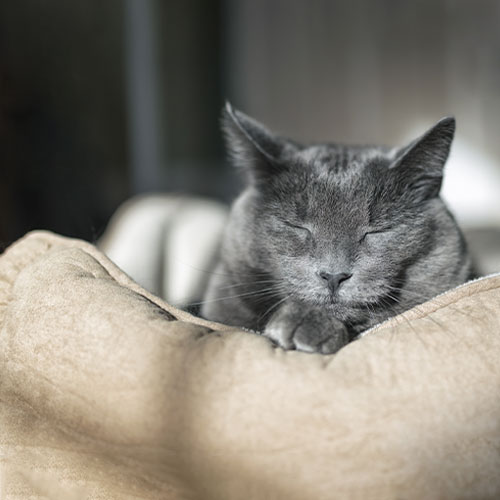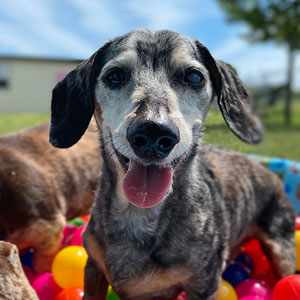Staying Healthy
One of the best things you can do for your pet is to keep him or her healthy. And one of the easiest and least expensive ways to do that is by bringing in your pet for regular exams and vaccinations. Dogs and cats (and other pets) age far faster than people, so significant changes in your pet’s health can happen in a short time. Wellness programs allow us to diagnose diseases and conditions early, when they’re easier to treat or manage.
Preventative Care
Often, we can help prevent diseases entirely, just by ensuring that your pet has received appropriate vaccinations and preventives. We recommend that healthy adult dogs and cats visit us once a year. Puppies, kittens, senior pets, and pets with health issues or illnesses need more frequent checkups. We’ll work with you to create an individualized wellness program, including a vaccination and prevention protocol customized specifically to your pet. Call us today to schedule your pet’s wellness exam.

Puppy Wellness
Our puppy wellness program is designed to help get your puppy started on the right path to a long and healthy life. The first few months are a critical period in your puppy’s development, and we can give you the support and tools necessary to help him or her grow into a well-mannered, healthy dog, including information and advice on nutrition, training, behavior, and socialization.
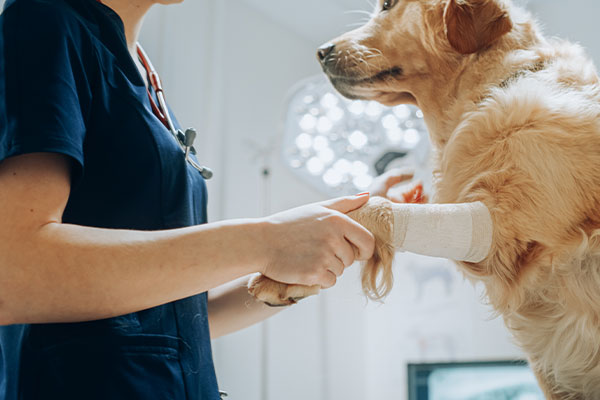

We look forward to meeting your new puppy! Schedule your appointment today.

Kitten Wellness
Our kitten wellness program is designed to help get your kitten started on the right path to a long and healthy life. The first few months are a critical period in your kitten’s development, and we can give you the support and tools necessary to help him or her grow into a well-mannered, healthy cat, including information and advice on nutrition, litterbox training, and behavior.
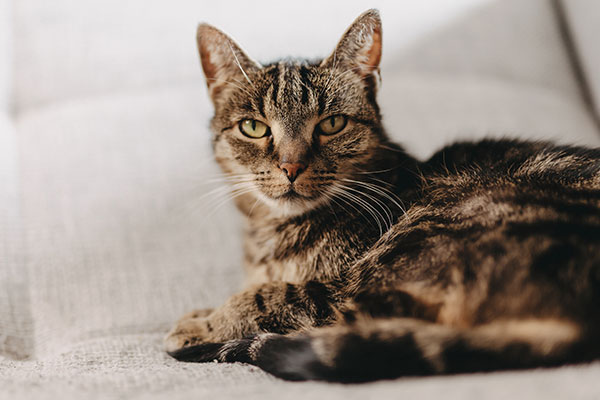
![shutterstock_1937055634[1]](https://aberdeenveterinaryclinic.com/wp-content/uploads/2025/04/shutterstock_19370556341.jpg)
We look forward to meeting your new kitten! Schedule your appointment today.
![shutterstock_1981023896-1[1]](https://aberdeenveterinaryclinic.com/wp-content/uploads/2025/04/shutterstock_1981023896-11.jpg)
Adult Pet Wellness
Bringing your pet in for an annual diagnostic and wellness checkup can help reassure you that your dog or cat is healthy or help us detect hidden diseases or conditions early. Early detection can improve the prognosis of many diseases, keep medical costs down, and help your pet live longer. Many dogs and cats are good at hiding signs that something is wrong, so subtle changes in their health or behavior might be easy to overlook. And, depending on the disease, some pets don’t show any symptoms.
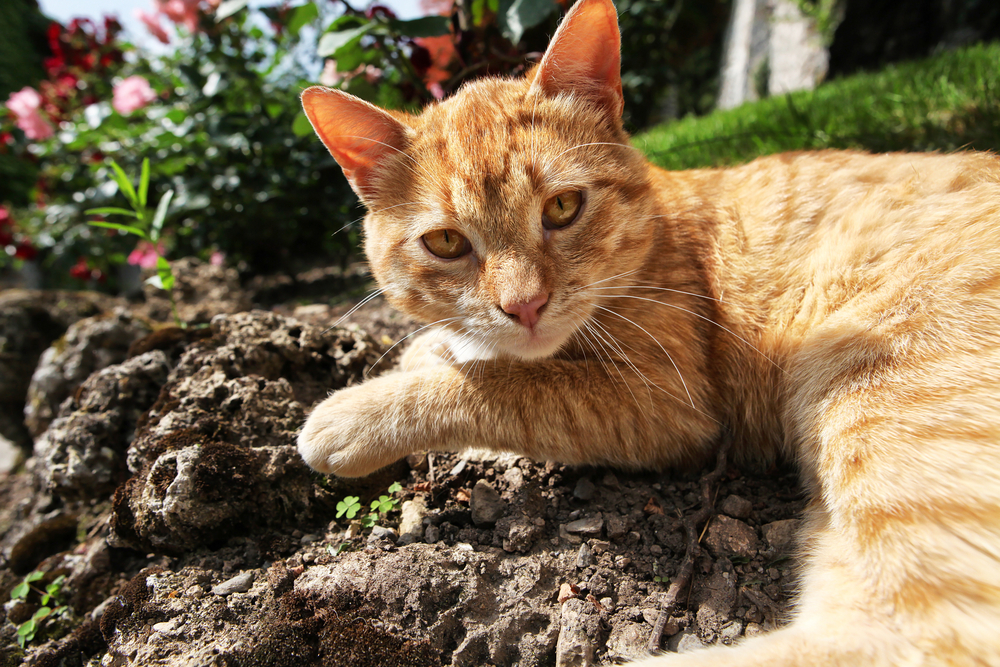
![shutterstock_2172256667[1]](https://aberdeenveterinaryclinic.com/wp-content/uploads/2025/04/shutterstock_21722566671.jpg)

Call us today to schedule your pet’s exam! If you have any questions, we would be happy to discuss our adult wellness program in more detail.

Senior Pet Wellness
As dogs and cats get older, they need more attention and special care. Our senior wellness program can help your pet remain fit and healthy as he or she ages and help us catch any potential problems earlier, when they’re easier to treat or manage. Regular veterinary exams can actually help your pet live longer, too!
Diagnosing diseases and certain conditions early is important throughout a pet’s life, but it becomes even more critical when your dog or cat enters his or her senior years. The risks of arthritis, cancer, diabetes, heart disease, hormone disorders, and kidney and liver problems all increase with age. In addition, dogs and cats may not show any signs of even serious diseases until they are quite advanced.

Before your dog or cat reaches senior status, we recommend that you bring your pet in for a baseline exam and diagnostic workup. This will give us a record of what’s normal for your pet so we can keep track of any changes. In most cases, we suggest this checkup for when your dog turns 7 years of age or your cat turns 8 years of age. Thereafter, your senior pet will benefit from more frequent veterinary exams and diagnostic testing.
